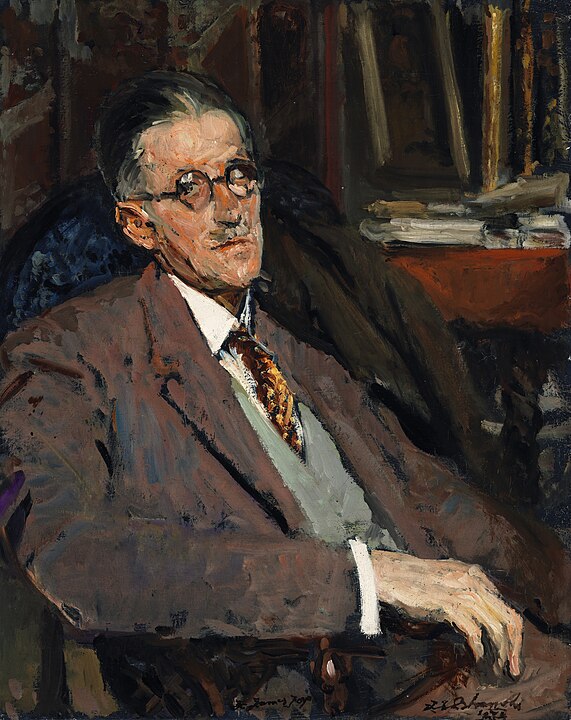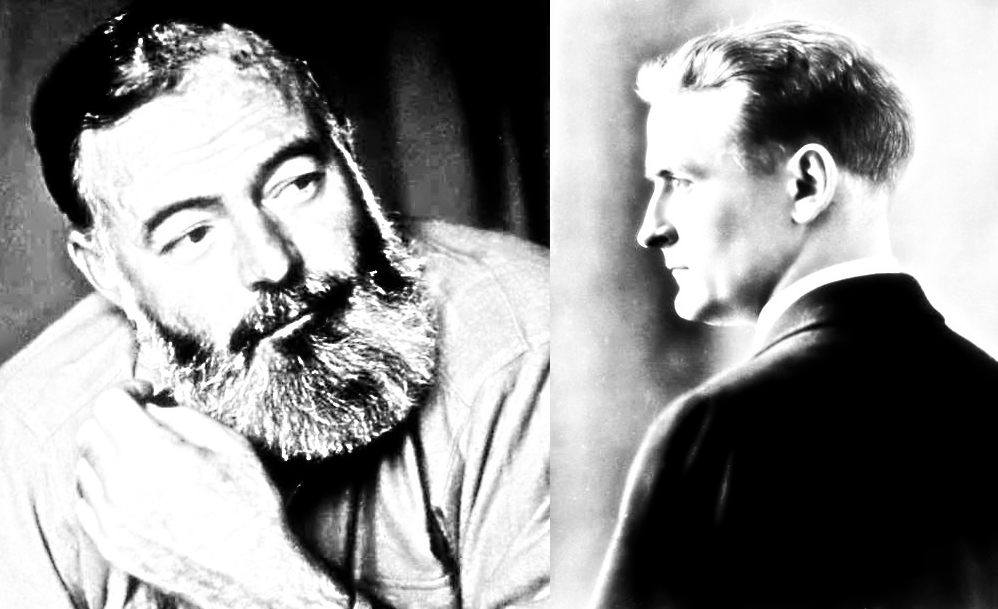“Knowing was a temptation. What you don’t know won’t tempt you.”
Margaret Atwood | The Handmaid’s Tale
When thinking of “temptation,” I believe a lot of people probably gravitate to some religious idea of staying away from what is alluring in order to save one’s soul.
Food, laziness, material, cheating, and lying are some of the vices (and Biblical sins) that are seen as temptation and hold weight with negative connotation. In other words, temptation is a short-term impulse that gets in the way of long-term goals.
For today’s post, we are going to examine temptation as it has appeared in the Bible and other literary works and how short-term submission negatively effects the characters in each story.
The temptation of Adam and Eve
For example, the story of Adam and Eve and their transgressions in the Garden of Eden comes to mind.
As stated in The Holy Bible: King James Version:
“And when the woman saw that the tree was good for food, and that it was pleasant to the eyes, and a tree to be desired to make one wise, she took of the fruit thereof, and did eat, and gave also unto her husband with her; and he did eat.
“And the eyes of them both were opened, and they knew that they were naked; and they sewed fig leaves together, and made themselves aprons”
From temptation, Adam and Eve are punished to live not in bliss but in toil. They are punished to be human. Their short-term wants doomed them forever, and kept them from paradise. As such, there is no way they could aspire to the convictions of community, which is so necessary for a productive life.
Hansel and Gretel
In folklore, temptation is a reoccurring theme, as it fits the religious morality stories present in the Bible, but for children. For example, in the story of Hansel and Gretel, both children are left to die in the woods (or sent away on a mission), and after becoming lost, come to a candy house where they are nearly murdered by an evil witch.
As it relates to our main point regarding short-term gratification, the temptation of a candy house attracts Hansel and Gretel, where they are nearly eaten by a witch for their theft. In stories, it is endlessly fascinating to see that children are tempted into doing childish things, such as eating candy and being naïve.
As stated in regards to Hansel and Gretel in the Hans Christian Anderson Grimm Stories: “… when they came nearer they saw that the house was built of bread, and roofed with cakes; and the window was of transparent sugar… So Hansel reached up and broke off a bit of the roof, just to see how it tasted, and Gretel stood by the window and gnawed at it … And they went on eating, never disturbing themselves. Hansel, who found that the roof tasted very nice, took down a great piece of it, and Gretel pulled out a large round window-pane, and sat her down and began upon it.”
The temptation was too great for them to ignore, especially as they had been lost in the woods for three days and knew no better. But their short-term goals ultimately left them to be captured by a cannibal witch. While most versions have them escaping, the point of their actions is to show how little they are thinking of the future, as immediate satiation by candy is paramount compared to concrete safety within the community.
Temptation in Frankenstein
More so, in literature, the temptation of playing God in Mary Shelley’s Frankenstein causes Dr. Frankenstein to create a monster who he can’t possibly love. In the story, Dr. Frankenstein studies for years to learn how to reanimate life. However, his creation is so horrible that he flees from it, only to be haunted by its specter until he dies in an attempt at revenge for his own foibles.
Frankenstein’s temptation to create a living creature was too great a motivator for him to ignore as well. His education, his background, it all compelled him to commit an act against God in a short-term explosion of creativity, intelligence, and science.
When reproached by his monster, it tells him: “Yet it is in your power to recompense me, and deliver them from an evil which it only remains for you to make so great…”
Frankenstein conceived the temptation and then executed the creation; though living with his actions utterly destroys him.
Frankenstein does not think of creating a living being who can live and breath within community. He only believes in creating a monster to simply prove he can do it out of hubris. His madness takes him over and pushes him to short-term gratification out of temptation to take science to its furthest reaches. As such, the monster has no community, and thus seeks its revenge.
Temptation in “Goblin Market”
Furthermore, in “Goblin Market” by Christina Rossetti, two girls are tempted by a strange goblin-run market that has tantalizing delicacies. The story is a morality play, and features two girls, Laura and Lizzie, as they attempt to avoid a most enticing Goblin Market where all manner of delicious foods are displayed.
The goblins scream for patronage: “Come by our orchard fruits, / Come buy, come buy;” enticing anybody who can hear their voice to visit their stand. And who could resist? There are a variety of mouth-watering sweets: “Apricots, strawberries;– / … grapes fresh from the vine, / Pomegranates full and fine,” and so on.
Temptation is real for adults, but it is especially real for children who have not honed and tempered discipline as a way of life. “We must not look at goblin men, / We must not buy their fruits:” Laura and Lizzie tell each other, afraid of what the goblins have used to feed the fruits “thirsty roots.” Later, they discuss the fruit as “honey to the throat / But poison in the blood.”
The girls discover that the short-term love of fruits and sweets are not necessary to have an enjoyable life. Rather, it is those around you, our community, that provide this meaning, as “… there is no friend like a sister / In calm or stormy weather;”
Conclusion
There are many more examples of “temptation” in literature–those seeking short-term gratification in contrast to the need for community. Some examples include, the near destruction of Odysseus’s’ ship by the Sirens, the temptation of richness in The Great Gatsby, and the One Ring in The Lord of the Rings and Gollum’s and Sauron’s temptation in regaining its power.
All examples show short-term profit at the expense of community.
Temptation is vile thing according to our ancestors. Temptation defies community and bleeds into our own selfish wants, which stood in the way of early humanity and plagues us to this day. Temptation is short-term after all, so it does not allow us to see the end goal with any certainty.
Works Cited
Andersen, Hans Christian. “Hansel and Grethel.” The Complete Fairy Tales, translated by Jean Hersholt, Anchor Books, 1975.
Rossetti, Christina. “Goblin Market.” The Norton Anthology of English Literature, edited by Stephen Greenblatt, 10th ed., W. W. Norton & Company, 2018
Shelley, Mary. “Frankenstein; or, The Modern Prometheus.” Edited by J. Paul Hunter, Oxford University Press, 2012.
“The Holy Bible: King James Version.” King James Bible Online, https://www.kingjamesbibleonline.org/Genesis-2-4_3-24/.








Leave a Reply